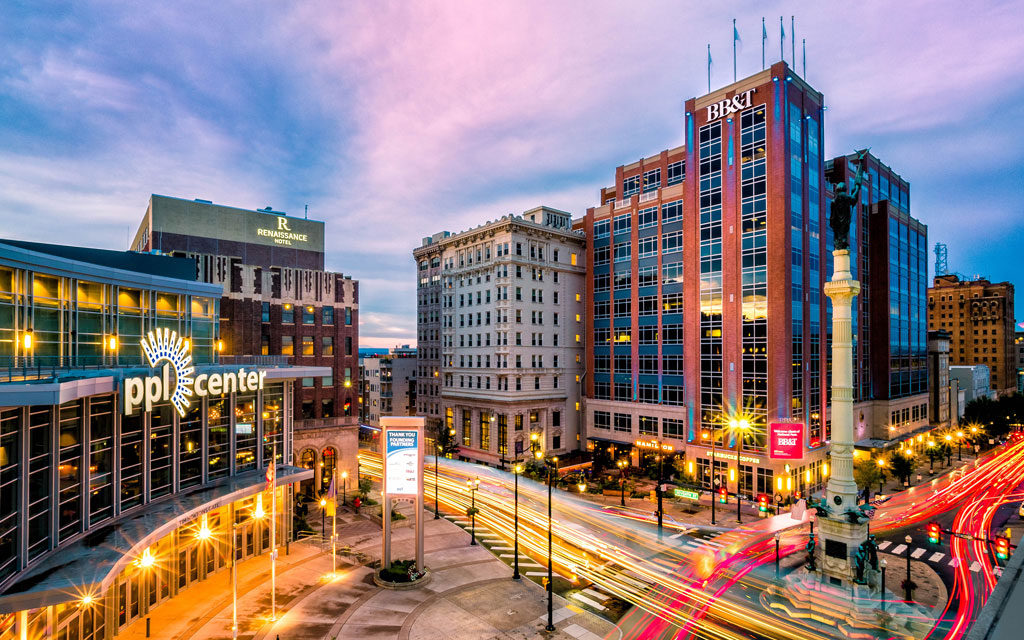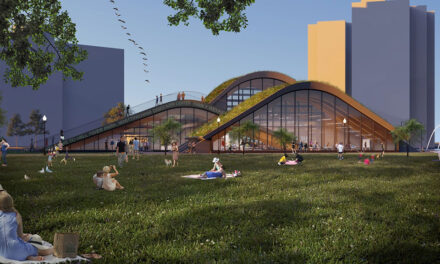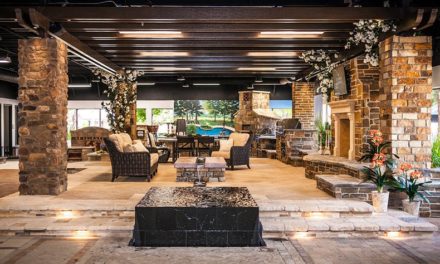Thirteen real estate development projects from around the globe, last month were selected as winners of the Urban Land Institute’s (ULI) 2017-2018 Global Awards for Excellence, which is widely recognized as one of the land use industry’s most prestigious awards programs.
The winners, each of which demonstrates an innovative, forward-looking approach to design and development, include eight projects in the United States, two in Canada, one in Europe, and two in Asia:
- Azkuna Zentroa, Bilbao, Bizkaia, Basque Country, Spain (Developers: Bilbao City Council, Alhóndiga, Center of Ocio y Cultura, Bilbao Ría 2000; Designer: Philippe Starck)
- Buffalo Bayou Park, Houston, Texas, United States (Developer: Buffalo Bayou Partnership; Designers: SWA Group, Page)
- Chicago Riverwalk, Chicago, Illinois, United States (Developers: City of Chicago, Department of Transportation; Designers: Ross Barney Architects [All Phases], Sasaki [Phases 2, 3] Alfred Benesch & Company [Phases 2, 3], Jacobs/Ryan Associates [All Phases] and Collins Engineers [Phase 1])
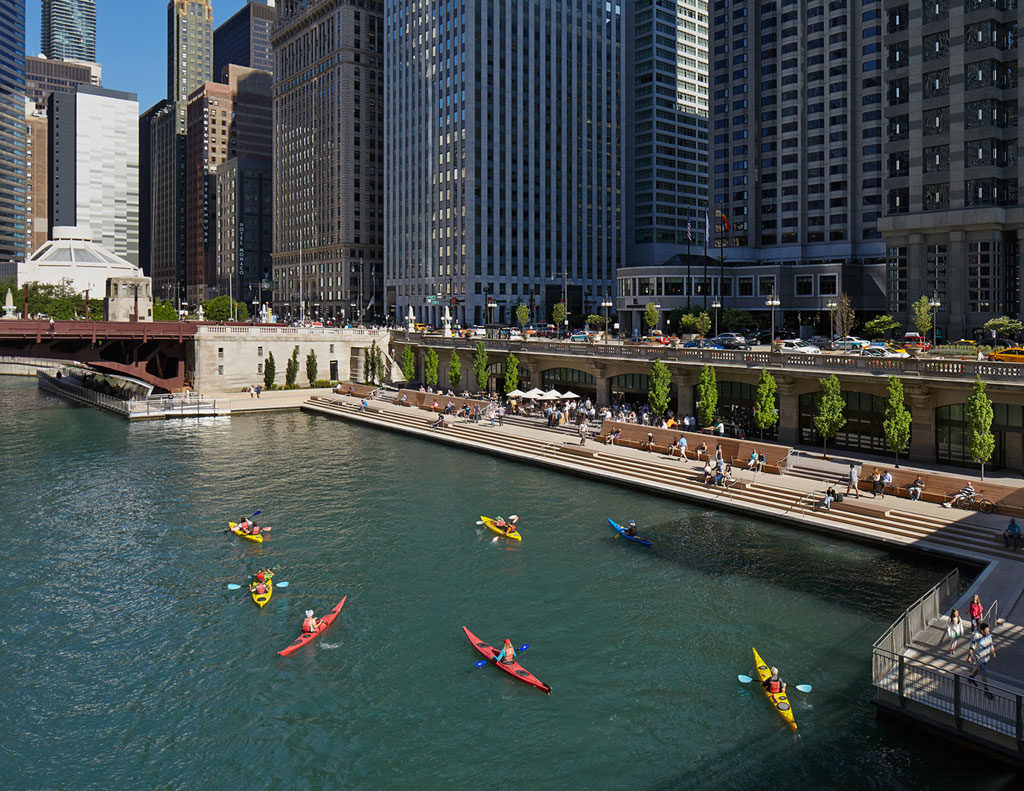
Completed in 2015, the second phase of the Chicago Riverwalk increased the accommodations for recreation, with two rooms designed with motor and human powered crafts. Credit: © Kate Joyce
- Downtown Allentown Revitalization District, (including PPL Center Arena Block & City Center Lehigh Valley), Allentown, Pennsylvania, United States (Owners/developers: Allentown Neighborhood Improvement Zone Development Authority, Hammes Company, City Center Investment Corp. et al.; Designers: Sink Combs Dethlefs Architects (now Perkins+Will), Elkus – Manfredi Architects, et al.)
- Emeryville Center of Community Life, Emeryville, California, United States (Developers: Turner Construction Company, Swinerton Management & Consulting; Designers: Nexus Partners, DSK Architects, Mark Seiberlich Concordia, Steven Bingler, MKThink, Steve Kelley)
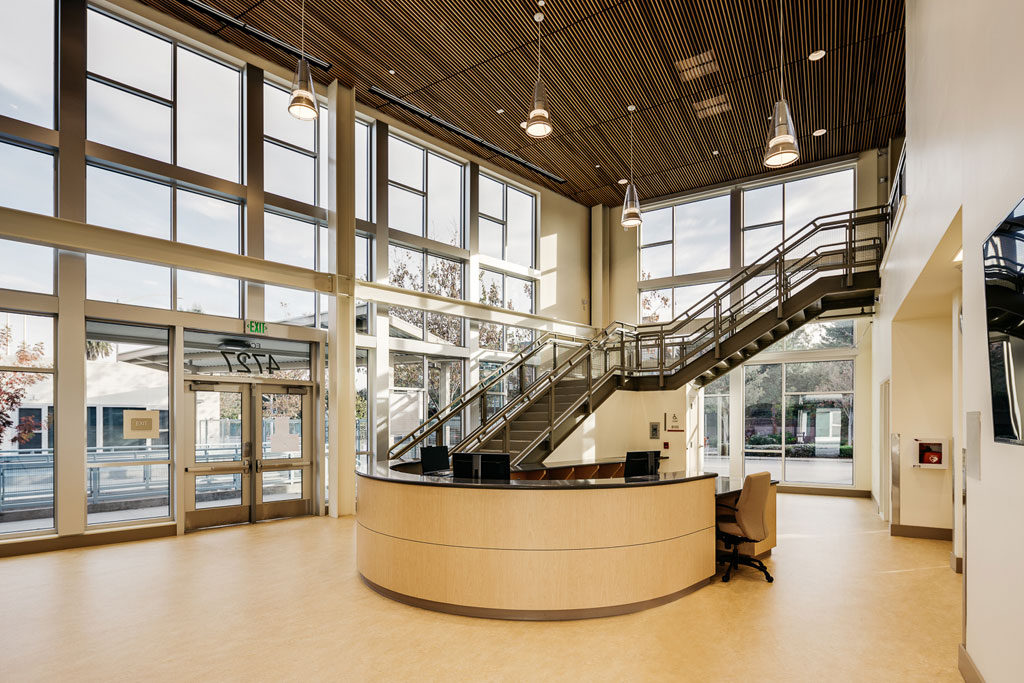
Community Center Lobby, Emeryville Center of Community Life, Emeryville, Calif. Credit: © Christopher Stark 2016
- Half Moon Village, Half Moon Bay, California, United States (Developer: MidPen Housing Corp.; Designer: Herman Coliver Locus Architecture)
- Kashiwa-no-ha Smart City, Kashiwa City, Chiba Prefecture, Japan (Developer: Mitsui Fudosan Co. Ltd.; Master planner and coordinator: Urban Design Center Kashiwa-no-ha (UDCK); Designer: ZGF, Nikken Sekkei Ltd., Jun Mitsui & Associates Inc. Architects, Studio on Site (landscape architect)
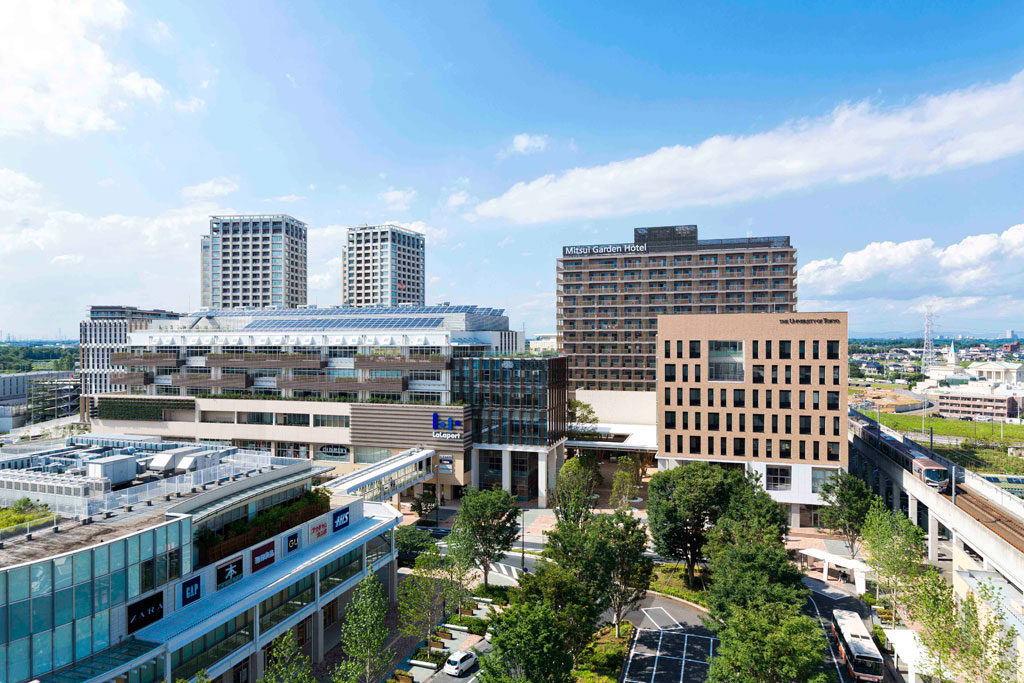
Core development of Kashiwano-ha Smart City. Photo by Mitsui Fudosan Co., Ltd.
- Marine Gateway, Vancouver, British Columbia, Canada (Developer: PCI Developments; Designer: Perkins+Will)
- Milwaukee RiverWalk, Milwaukee, Wisconsin, United States (Developers: The Milwaukee RiverWalk District, Inc., The Mandel Group, Business Improvement District No. 2, The Brewery Works, Inc. et al; Designers: KenKay Associates, Mary Miss, Engberg Anderson Architects, et al)
- Oasia Hotel Downtown, Singapore, Singapore (Developer: Far East Organization; Designer: WOHA)
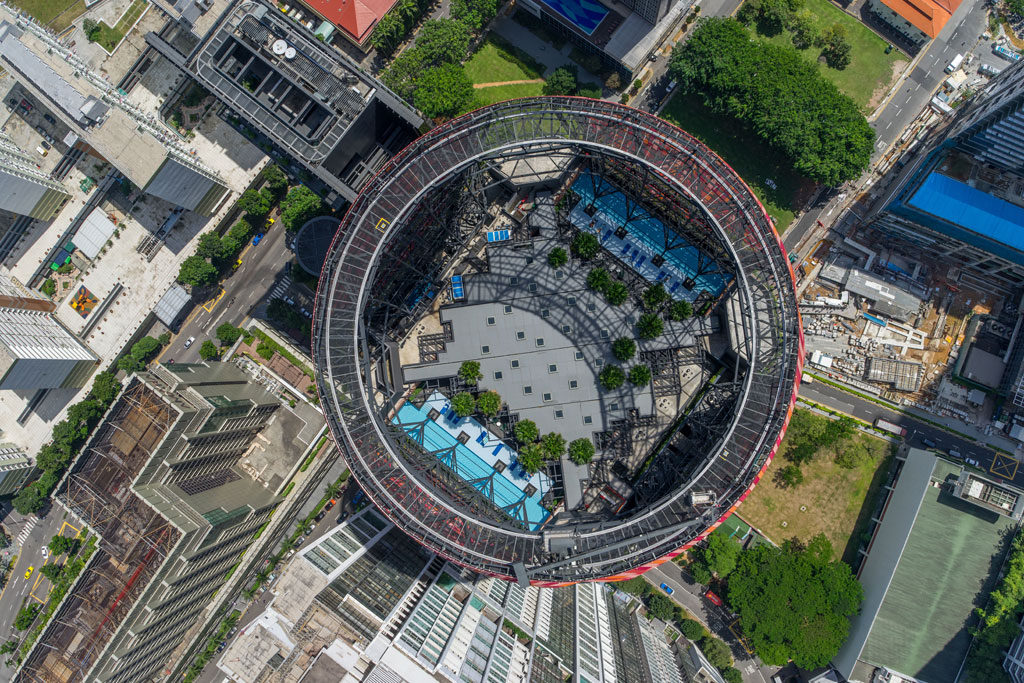
Designed by home-grown award-winning architectural firm WOHA, well-recognised for their innovative and green portfolio, the intent at the outset was to give back greenery to the city, both vertically and horizontally. Oasia Hotel Downtown is designed to function sustainably without tapping into renewable energy and investment in costly technologies. The sustainable features – self shading, cross ventilation, daylighting – are passive and intrinsic from the architectural massing and expression.
- Pearl, San Antonio, Texas, United States (Developer: Silver Ventures, Inc.; Designers: Lake Flato Architects, Roman and Williams Buildings and Interiors, Don McDonald Architects, Sprinkle & Co. Architects, Ford Powell & Carson Architects, Jim Kissling Architecture, Dado Group, Clayton & Little Architecture)
- University Center- The New School, New York, New York, United States (Developer: The Durst Organization; Designer: Skidmore, Owings & Merrill LLP)
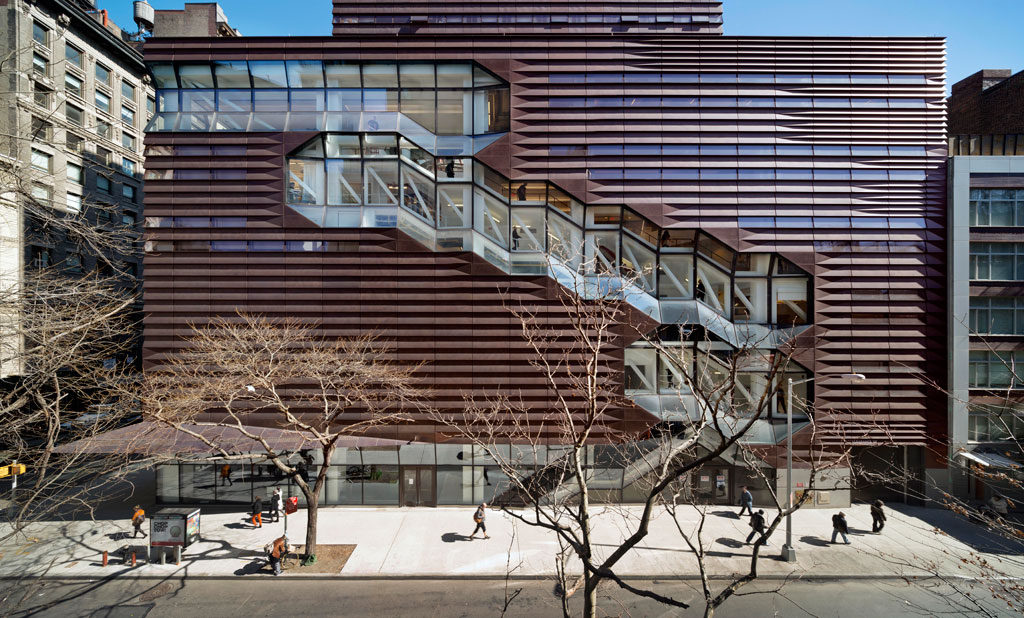
Exterior of the University Center- The New School. Photo: © James Ewing je@jamesewingphotography.com tel. 646-339-2654
- West Don Lands, Toronto, Ontario, Canada (Master Developer: Waterfront Toronto; Precinct Plan: Urban Design Associates; Developers: Urban Capital [River City], DREAM Unlimited, Kilmer Group [Canary District], Toronto Community Housing; Public Realm & Urban Designers: The Planning Partnership with PFS Studio with &Co., Michael Van Valkenburgh Associates Inc.; Landscape Designers: Claude Cormier & Associates, NAK Design Strategies; Architectural Design – River City: Saucier & Perrotte, ZAS Architects; Architectural Design – Canary District: architectsAlliance, KPMB Architects, Page + Steele/IBI Group Architects, Daoust Lestage, MacLennan Jaunkalns Miller Architects, Design/Builder – Canary District: EllisDon Inc., Ledcor Group; Retail Designer: Live Work Learn Play)
The winners were selected by an international jury made up of ULI members representing a multidisciplinary collection of real estate development expertise, including finance, land planning, development, public affairs, design, and other professional services.
“Each of these winners demonstrates a thoughtful, innovative approach to urban development that is adding to the sustainability and livability of the communities in which they are located,” said 2017-2018 Global Awards Jury Chairman Wendy Rowden, president of 42nd Street Development Corp. in New York City. “The attention paid to project detail, flexible design, and neighborhood context were among the factors making these entries stand out. They represent the type of development that will withstand the tests of time and change.”
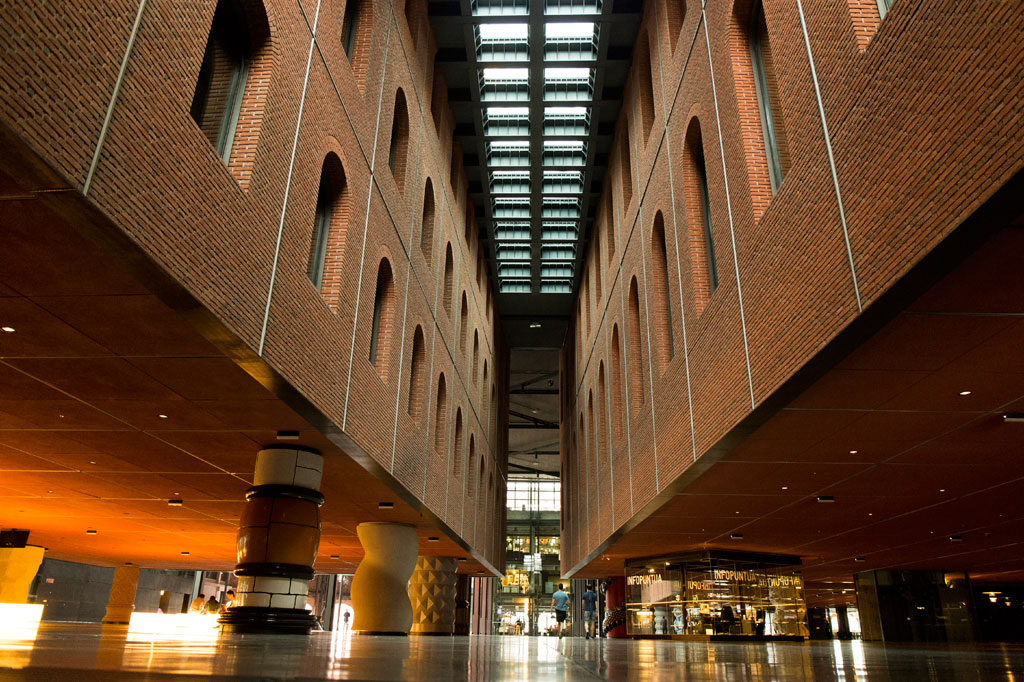
Atrium at Azkuna Zentroa,Bilbao, Bizkaia, Basque Country, Spain Credit: Maite Arberas
“Cities are about people—the way we interact, get around, and go about our daily routines. Great cities are made of great places that make the urban experience easy and enjoyable,” said ULI Global Chief Executive Officer Patrick L. Phillips. “These projects reflect the highest standards of design, construction, economics, planning, and management. But most important, they are improving people’s quality of life.”
The Awards for Excellence program, established in 1979 and subsequently expanded to a global program, recognizes real estate projects that achieve the highest standard of excellence in design, construction, economics, planning, and management. Widely considered the centerpiece of ULI’s efforts to promote best practices in real estate development, the program recognizes the full development process of a project, not just its architecture or design. The criteria for the awards include leadership, contribution to the community, innovations, public/private partnerships, environmental protection and enhancement, response to societal needs, and financial viability. Throughout the program’s history, all types of projects have been recognized for their excellence, including office, residential, recreational, urban/mixed use, industrial/office park, commercial/retail, new community, rehabilitation, and public projects and programs.
In addition to Jury Chairman Rowden, the 2017-2018 Global Awards for Excellence Jury members were Stuart Ackerberg, chief executive officer, Ackerberg, Minneapolis; Toni Alexander, president and creative director, InterCommunications, Inc., Newport Beach, California; Jeff Barber, principal and managing director, Gensler, Washington, D.C.; Ame M. Engelhart, director, Hong Kong Skidmore, Owings & Merrill LLP, Hong Kong; Michael Grove, principal, Sasaki, Shanghai; Sophie Henley-Price, managing director, STUDIOS Architecture, Paris; Lynn Hoffman Carlton, regional director of planning, HOK, Kansas City, Missouri; Lance K. Josal, chief executive officer, Callison RTKL, Dallas; Roger G. Orf, partner, Apollo Management LLP, London; Alex J. Rose, senior vice president, Continental Development Corporation, El Segundo, California; and Rebecca Stone, managing principal, OZ Architecture, Denver.
About the Urban Land Institute
The Urban Land Institute is a nonprofit education and research institute supported by its members. Its mission is to provide leadership in the responsible use of land and in creating and sustaining thriving communities worldwide. Established in 1936, the institute has more than 40,000 members worldwide representing all aspects of land use and development disciplines. For more information, visit uli.org or follow us on Twitter, Facebook, LinkedIn, and Instagram.
Read more on last year’s winners Urban Land Institute announces winners of 2016 Global Awards for Excellence.

